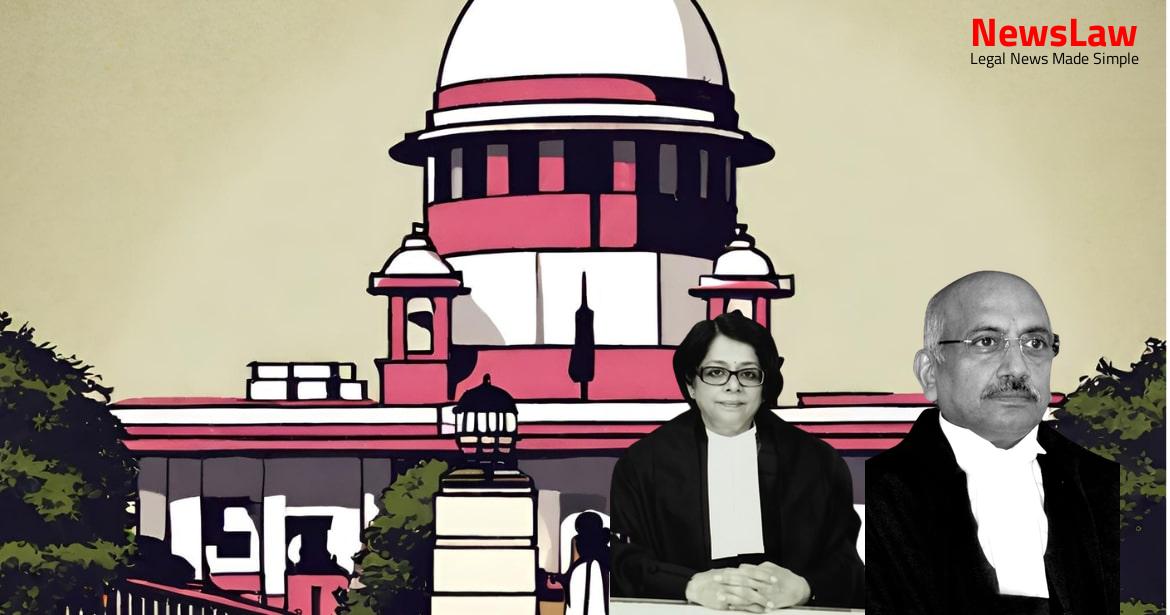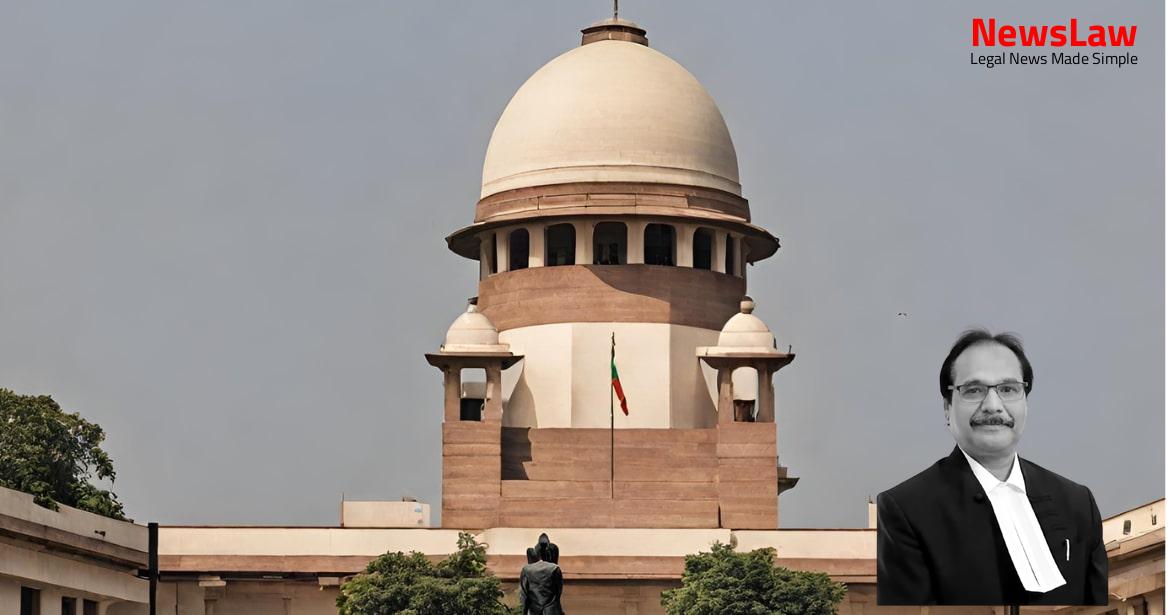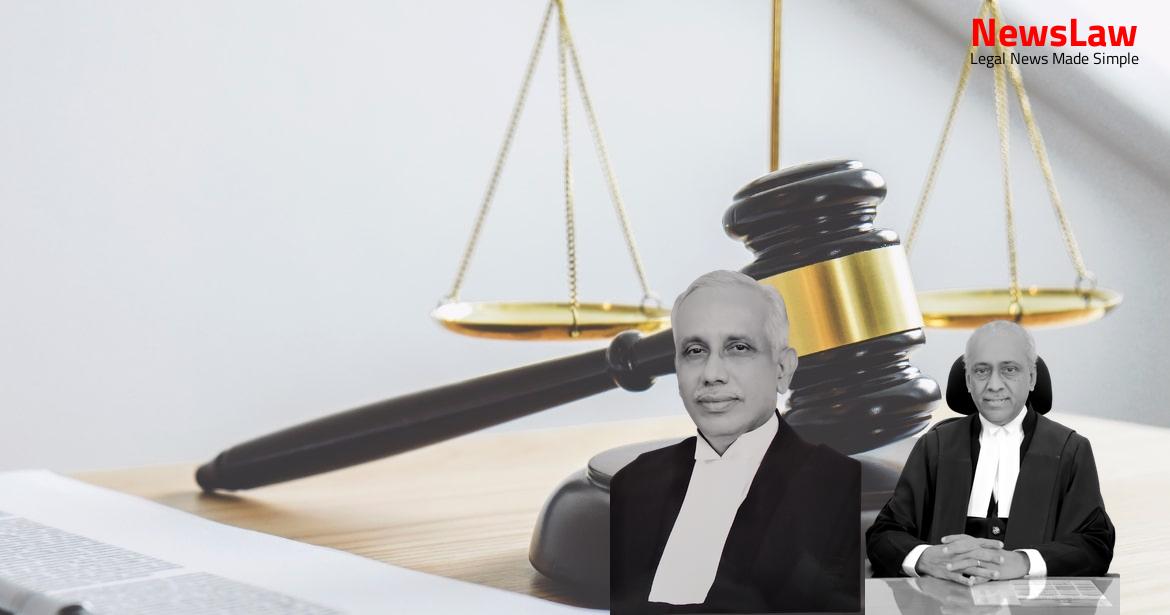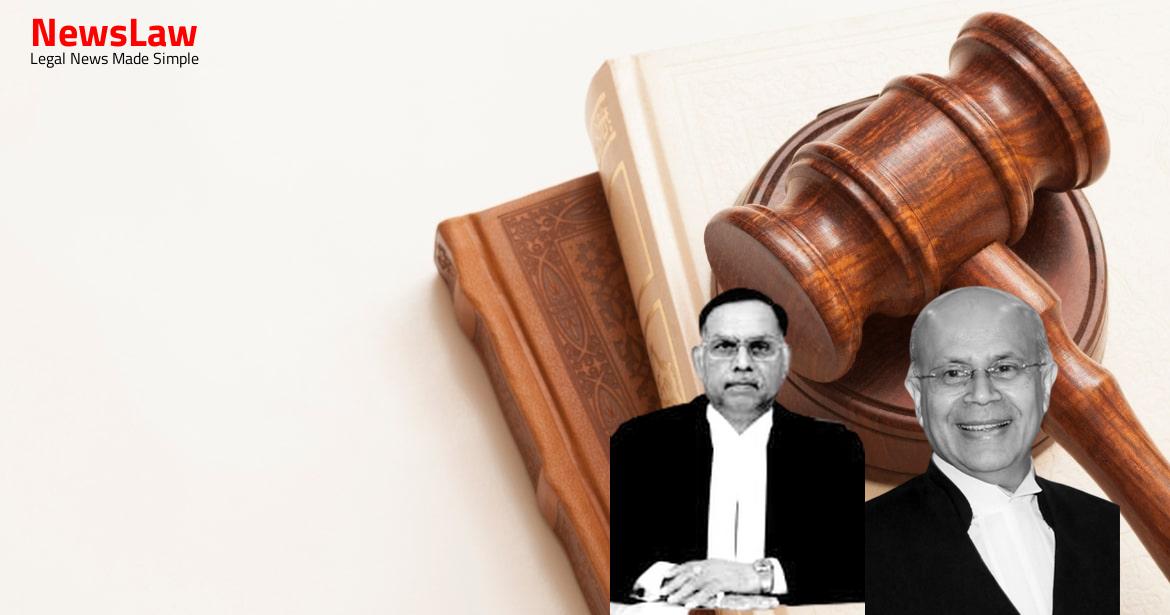In a complex legal case concerning appointment disputes, the court delves deeply into the nuances of the law, scrutinizing irregularities and violations of natural justice principles. The court’s meticulous legal analysis sheds light on key aspects, guiding the proceedings and shaping the outcome of the case.
Facts
- The appellant, while serving as the In-charge District Basic Education Officer in Gorakhpur, issued appointment letters to 400 B.Ed. degree holders for the post of Assistant Teachers in District Gorakhpur, and to 121 candidates in District Basti between April and June 2003.
- The disciplinary authority found the charges against the appellant proved and subsequently removed him from service on 27.06.2017.
- The appellant challenged the removal order in W.P. (C) No. 28842/2008, and the High Court stayed the implementation of the dismissal order dated 21.04.2008.
- The State placed the appellant under suspension on 24.07.2003 and initiated a disciplinary enquiry under the Uttar Pradesh Civil Service Rules, 1999.
- The appellant issued appointments to candidates based on previous court orders and directions from higher authorities, arguing that the continued suspension was unjustified.
- The High Court directed the disciplinary proceedings to be concluded within six months, and the appellant was instructed to cooperate with the process.
- The appellant challenged a proposed punishment of removal from service through W.P. (C) No. 14083/2006, leading to a stay on the punishment order.
- The Government referred the matter to the Uttar Pradesh Public Service Commission for major punishment of removal from service based on the enquiry report.
- The appellant’s actions in appointing Assistant Teachers were considered irregular and in violation of the U.P. Basic Education (Teachers) Service Rules, 1981 according to the Charge Sheet filed on 21.08.2003.
- The High Court partly allowed the Writ Petition challenging the appointments made by the appellant.
- Appellant to be treated under suspension during enquiry and paid subsistence allowance.
- Enquiry officer did not record if appellant was given notice for oral enquiry.
- Disciplinary authority overlooked the requirement of holding a valid enquiry.
- Court rejected appellant’s plea for parity with another case.
- High Court did not consider appointments made in compliance with previous orders.
- Enquiry officer was not found biased.
- Dismissal order was quashed due to violation of natural justice principles.
- Disciplinary authorities’ casual conduct in grave corruption allegations was criticized.
- Direction for appointment of new enquiry officer approved by Chief Minister.
Also Read: Legal Analysis on Arbitration Petition Limitation Period
Arguments
- The appellant addressed a letter to the Secretary, Basic Education Council seeking instructions on the appointment of candidates with higher qualifications.
- The Secretary directed all Divisional Assistant Directors to make appointments based on High Court orders by a specified date.
- The appellant sought advice from the Chief Standing Counsel for the State of U.P.
- The appellant relied on a previous judgment of the Allahabad High Court in Special Appeal No 21(SB)/1993.
- The High Court referred to a prior case directing the appointment of qualified candidates if a sufficient number of B.T.C. trained candidates were not available.
Also Read: Analysis of High Courts’ Jurisdiction and Court Orders Under Article 142
Analysis
- The appellant was advised to seek consent from the Government due to potential impact on the State.
- Question raised about why candidates with qualifications equivalent to SCC Examination were not considered.
- The analysis pertains to the specific case being discussed and should not be seen as a general rule.
- A criterion that denies a candidate consideration for a post based on having higher qualifications than prescribed is deemed irrational.
- The High Court referenced a judgment in the case of Mohd. Riazul Usman Ghani and Ors. v. District & Sessions Judge, Nagpur.
- The judgment emphasized the principle that a candidate should not be excluded from consideration solely due to possessing qualifications exceeding the specified requirements.
- The appellant, as the District Basic Education Officer, has the authority to make appointments based on the recommendations of the Selection Committee.
- The State has alleged serious corruption charges against the appellant, necessitating a thorough investigation by the disciplinary authority.
- All appointments made by the appellant were declared void ab initio by the State.
- The appellant’s claim of following earlier court orders and senior officials’ directions in making appointments needs to be evaluated in the investigation.
Also Read: Electoral Malpractices in Mayor Election
Decision
- No unnecessary adjournments will be granted to the parties.
- Clarification that there is no expression of any opinion on the merits of the case.
- Civil Appeal is dismissed and the appellant will remain under suspension during the enquiry.
- Disciplinary authority to conduct the enquiry in accordance with principles of natural justice.
- Appellant to be given a full opportunity of hearing and allowed to produce evidence.
- Upholding the High Court’s decision to remit the matter to disciplinary authority from the charge sheet stage.
- Pending Applications disposed of.
- Enquiry directed to be completed within 4 months.
- Enquiry officer to be appointed by the Chief Secretary.
Case Title: RAMESH SINGH Vs. THE STATE OF UTTAR PRADESH (2020 INSC 254)
Case Number: C.A. No.-001918-001918 / 2020



